Exploring Beyond A Culture of Contest
By
Julian Monroe Fisher
My journey to this point in my life required me to take the long way round with a detour that led me to living out of an old Toyota Corolla in the downtown campground in the city of Fairbanks Alaska. The current and most challenging trip so far has taken me seventeen years, five months and sixteen days…
I’m an Anthropologist. So, I am interested in the origin, nature, and
destiny of human beings. I’m trying to learn as much as I can about you
and me. Where do we come from? Why are we the way we are? And, where are
we going?
I am also an explorer. I undertake journeys for a specific purpose in
search of geographical or scientific information.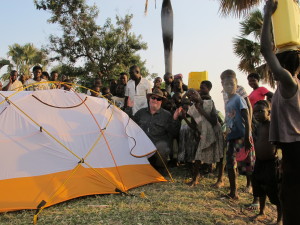
Humans as explorers have been conducting their expeditionary journeys
since the beginning of humankind. And for the most part they have been
competing not just against the elements but also against one another.
Indeed for the millenniums we humans have been consumed with a culture of
contest in order to survive.
The first human explorers were probably driven by pure human needs, like
locating a new water source during a drought. And it was probably
important to get there and to secure water rights for their group before
anyone else could.
Later, as the art of mapping and recording our thoughts came into play, it
was the urge to KNOW, to find out what’s beyond the already known
boundaries. That desire for knowledge probably inspired men such as Marco
Polo to go East. And Christopher Columbus, to try to get to India by
sailing West. There were still unknown territories to be discovered.
Governments paid explorers to open up new routes to greater resources to
fill their treasure troves.
As world mapping continued and the gaps of wide open spaces were closed
one by one, explorers started to compete more and more for the last
frontiers: The North Pole, The South Pole, the Top of Mount Everest, the
Source of the Nile. Those that announced their expeditions too soon risk
falling prey to their fellow competitor explorers that snuck past them in
the dark of the night. Like British polar explorer Scott who arrived to
the South Pole only to discover that Norwegian Amundsen had beaten him to
the prize.
Explorers in the 19th and early 20th centuries went exploring not just to
reach the last frontiers, they also went to secure infamy, bragging rights
that brought with it financial security by way of books and lecture tours.
One by one the potential prizes were captured.
And so what followed those first achievements came the era to which I
refer to as “The First – Done A Certain Way”. Like the first ascent of
Mount Everest without supplementary Oxygen, the first ascent of Mount
Everest from sea level to summit without supplementary oxygen, the fastest
ascent of Mount Everest, the youngest person to climb Mount Everest, the
oldest, the first couple, the first married couple, the first two brothers
together, the first three brothers on the same day and the list goes on
and on.
During every Everest climbing season people try to distinguish themselves
from others. It’s that culture of contest that humans get caught up in
their attempts to stand out from one another. In fact every year an
average of 150 people reach the ‘top of the world’, and 1 in 10 die
trying.
Some people take it to the next level by setting out to challenge
themselves beyond logic. Like my friend Slovenian Martin Strel who swam
the length of the Amazon River. Or my other friend British Ed Stafford who
spent two years walking along the Amazon river from the source to the sea.
Such treks are noble undertakings and I salute them for their endurance
and dedication. But in my opinion, these are not expeditions, they are a
test of the limitations of the human body, the mental and physical state
of the being. These performers refer to themselves rightfully so not as
explorers, but as “Athletes”.
Others that attempt to distinguish themselves are proving their
creativity. What I refer to as the “Creative attention seekers” out there
for themselves or a charity like the guy who a year back climbed Mount
Kilimanjaro with a stuffed Tiger on his back. Possibly their intentions
are well founded, but why use a charity cause to go out for a long
walkabout in the bush?
There is a Monty Python YouTube video that sums up these “Creative
attention seekers”, it’s a fictional account about the first male
hairdressers expedition ascending Mount Everest. Instead of establishing
camps they establish hair salons along the trail.
Of course, any discussion of exploration must mention those ‘adventurers’
that refer to their exploits as expeditions but in reality are simply
ploys engaging in risky commercial enterprises for profit. They do not
explore, they’re the folks you see on Discovery Channel surviving in the
wilds alone on a diet of raw scorpions and their bodily fluids. ‘Alone’
supposedly oblivious to the film crew that is capturing it all.
For me my journey of exploration began seventeen years, five months and
sixteen days… I was sitting on the deck of a 6th floor apartment
building on Myrtle Beach, South Carolina. I had just handed over the
morning hospital shift to my mother as we were tending to my father on his
death bed. He was loosing his hard fought battle to lung cancer. Watching
his life slip away I found myself contemplating my own life. And the
unavoidable end that would come my way sooner or later.
A few days prior I happened to watch a National Geographical documentary
about Colonel Norman Vaughan. Norman was the last remaining member of
Admiral Byrd’s first American expedition to the Antarctic in 1929-1930
where he made the first solo flight from Little America on the Ross Ice
Shelf to the South Pole. As Byrd flew over the pole for all the glory that
would be afforded to him, Norman and 6 others in a geological party were
sitting down on the ice shelf half-way to the South Pole with a sled dog
team and supplies just in case Byrd failed and had to be rescued.
For his dedication to Byrd, the admiral named a mountain in Antarctica
after Norman and so, at age 88, Norman set a goal to climb to the top of
Mount Vaughan. It would be an endeavour that came with many calamities and
almost cost Norman his life. But he made it 3 days before his 89th
birthday and when he stood atop of the mountain that bore his name, Norman
reflected and then proclaimed: “To young & old, dream big and dare to
fail”. That was the first time I heard that slogan.
As I was looking out onto the sunrise over the Atlantic ocean thinking of
my dying father, I made a promise to myself, “when I arrive near the end
of life’s journey like my father, I want to have so many, exciting
memories, that will allow me to lay there and let it all run by like one
long adventure movie”.
After my father passed away, I turned my decision into reality. I sold
everything and paid off my debts, gave up my job in the hotel industry,
dusted off my Anthropology degree, cashed in my frequent flyer points and
headed as far south as the points would take me, that being Mexico. I then
travelled overland by public transport to the Panama Canal and back.
Again starting from the US, I next ventured all the way to Tierra del
Fuego, the tip of South America and all the way back, crossing every land
border for every country in South America. Early on I met a girl from
Austria, she was like minded in her love of adventure and so she trekked
along. I was also able to convince a US radio network to allow me to call
in every week with a story from the road. They allowed me to plug some
sponsors during my call and so I was able to secure some gear and even
cash to pay for it all.
The years passed and the adventures filled two books. “Dream Big” has
become my motto. Less practicing personal Anthropology, there was no real
purpose within my journeys, except to go and see for myself, and ‘to dare
to fail’..
Although the radio shows became quite popular, all my friends and family
continued to question:
“Why?”, “Why Mexico?”, “Why South America?”
“When are you coming home?”
“When are you getting a real job again?”
On the 4th of July 1998 I set out again, this time for a journey around
the world. I started with a drive in an old Toyota Corolla chasing the sun
west across the USA before heading north for Alaska. A few weeks into this
trip it all fell apart. At first, my primary sponsor decided to pull the
financial plug. Then my mother turned ill and to top it off the US
immigration gave my Austrian companion 14 days to leave the country or she
would be deported. I started to ask myself “Why?”.
I started to wonder, “Was it time to forget the dreaming and get myself a
job?”
At that point I didn’t know what else to do. So, I continued on to Alaska.
By the time we arrived to Fairbanks the Austrian and I were broke so we
moved into the downtown campground where for close to a month we lived out
of our tent on a diet of boiled potatoes. One gray and rainy day we
accepted tickets from a stranger to attend the Alaska State Fair. I was
emotionally down and out. But at the fair I came across an empty stall.
There were only a few posters on display and a table with some books. I
stopped to look at what this was all about when the curtain at the back of
the booth opened up and out walked, Colonel Norman Vaughan.
Wow, I could not believe my good fortune!
Over the next two days I spent many hours talking with my personal hero. I
learned about how Norman had arrived at age 68 to Alaska with only 100
dollars in his pocket. I learned how he went on to build a new life, how
he competed in the Iditarod Sled Dog Race 13 times, and how he found the
true love and happiness that he had been searching for his entire life. I
told Norman about myself, my plan and how little I thought of what I was
doing. He scolded me for being so shallow.
Norman reminded me of my original intention that I was building my life’s
memories. He told me that I was one lucky man to have found a woman that
loves me. And he told me to never forget that every dreamer must always
“Dare to Fail”.
Although I never saw Norman again after The Alaska State Fair, to say that
Colonel Vaughan inspired me would be a gross understatement.
Indeed we remained friends until the last time we spoke. The occasion was
Norman’s birthday when he turned one hundred. At the time he was planning
a return trip to his Mount Vaughan. He called me to see if I was still
exploring the world at large and to encourage me to continue forward.
Colonel Vaughan never got back to his mountain, for he passed away four
days later after his 100th birthday. Exploration for Norman was never
about a culture of contest, it was never about being first, it was all
about having the opportunity and using that chance to the fullest. It was
about living, fully.
It was the words of the Colonel that got me motivated to find funding and
to get myself and my Austrian companion out of that campground in
Fairbanks…It was Norman Vaughan who told me I could, that I would! It was
his encouragement that motivated me to travel now to more that 100
countries around the globe and ultimately to this stage in front of you
today.
But somewhere over the years, chasing my memories I got off message. To a
degree the nature of exploration requires that explorers must compete, for
sponsors, for media attention, for funding, for book deals and lecture
spots. I too eventually found myself looking for a first that would
distinguish me from the rest of the pack. So I decided that I would walk
coast to coast across the African continent along a route that had never
before been attempted.
One day along my walk across Africa I found myself hundreds of miles from
the coast of Mozambique passing locals when it dawned on me that the
people I was passing had been walking the same route for generations, not
to compete to be the first at something, but for their survival. I
realized that I was not distinguishing myself from other explorers, I was
becoming just like the rest of them.
It was then and there that I understood with perfect clarity that the
best/only reason for me to explore was/is not for fame and fortune but for
all those too precious memories. For the exact same reason I started
exploring our world at large in the first place over 17 years ago.
For me, well the memories now begin with one of my greatest joys, like
sitting with my eight year old daughter just the other evening, looking
into the sunset when she asked me: “Papa, tell me about Africa”.
Whether you explore Africa or Asia or the back streets of your hometown,
‘with eyes wide open’ you will learn something new to inspire yourself and
possibly others. Go live the dream and dare to fail, because winning is in
the eyes of the beholder!
As you move forward in your life beyond a culture of contest I wish you
success as you build your memories one memory at a time.
“Dream Big!! And Dare to Fail !!!”
And in the end, as the African proverb dictates: ‘If you want to go fast,
go alone. But if you want to go far, go together’.
Julian Monroe Fisher is an explorer, an Anthropologist, a published
author, an Ethnographic filmmaker, a Fellow with The Royal Geographical
Society (with the Institute of British Geographers) in London, an
International Fellow with the British Chapter of The Explorers Club in New
York City and a member in good standing with the American Anthropological
Association. Between 2007 and 2011 he conducted five consecutive Explorers
Club flag sanctioned research expeditions to the African continent. He is
the expedition leader of The RailRiders 2012-16 Great African Expedition,
a five year – nine expedition research project retracing the overland
routes of numerous Victorian age explorers. Julian’s personal website is
www.JulianMonroeFisher.com
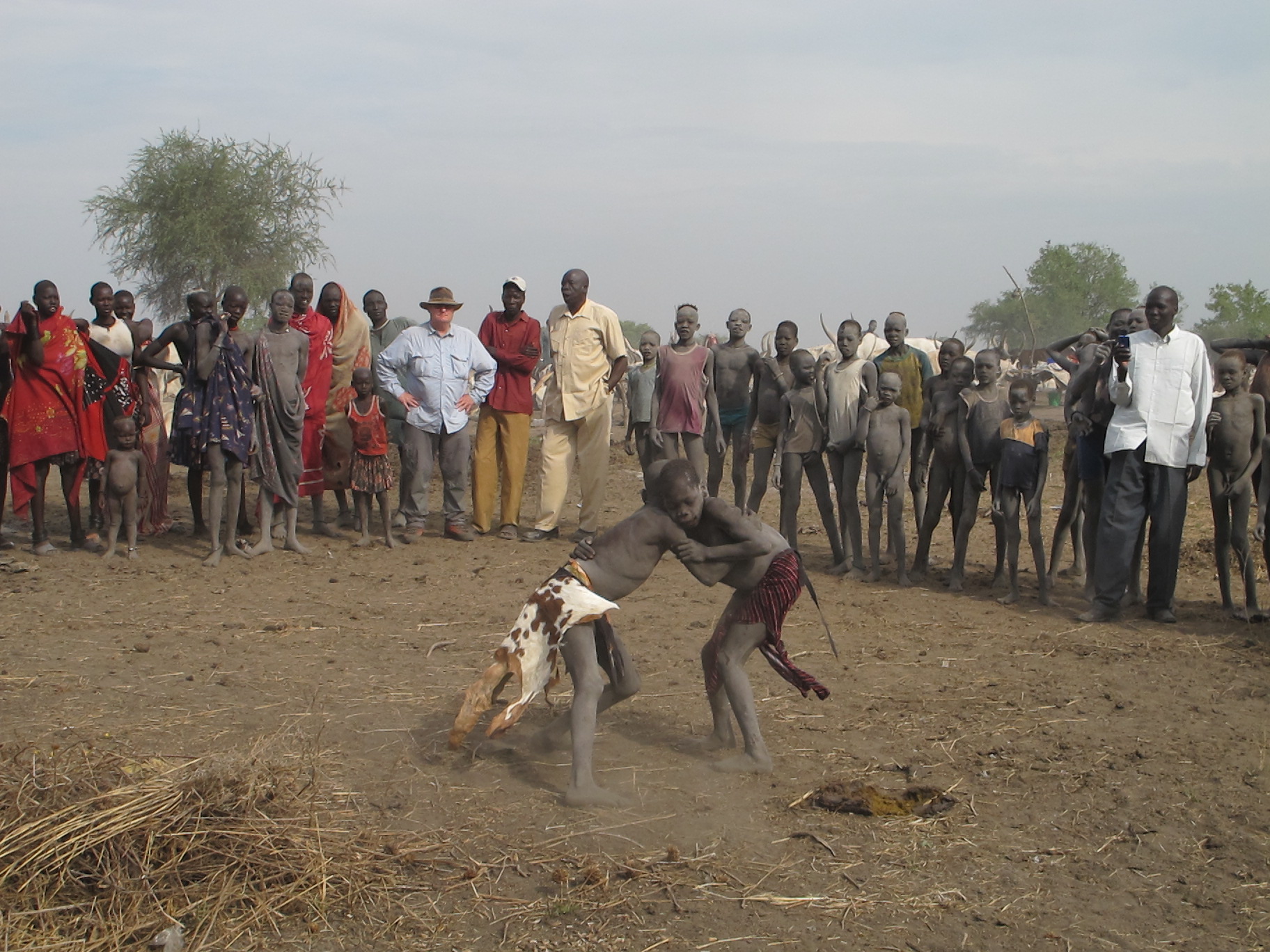

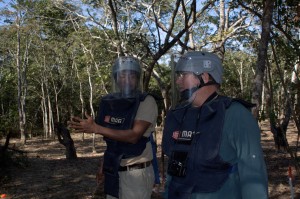
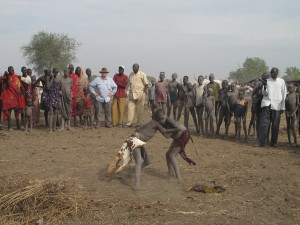
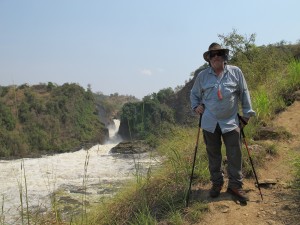
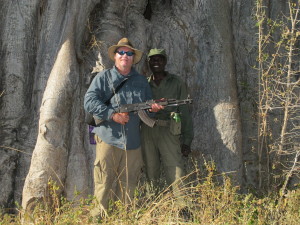
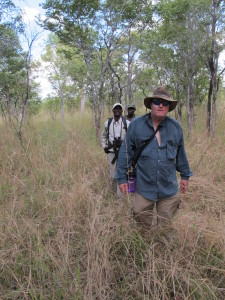
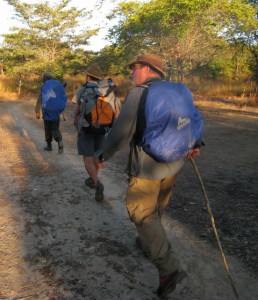


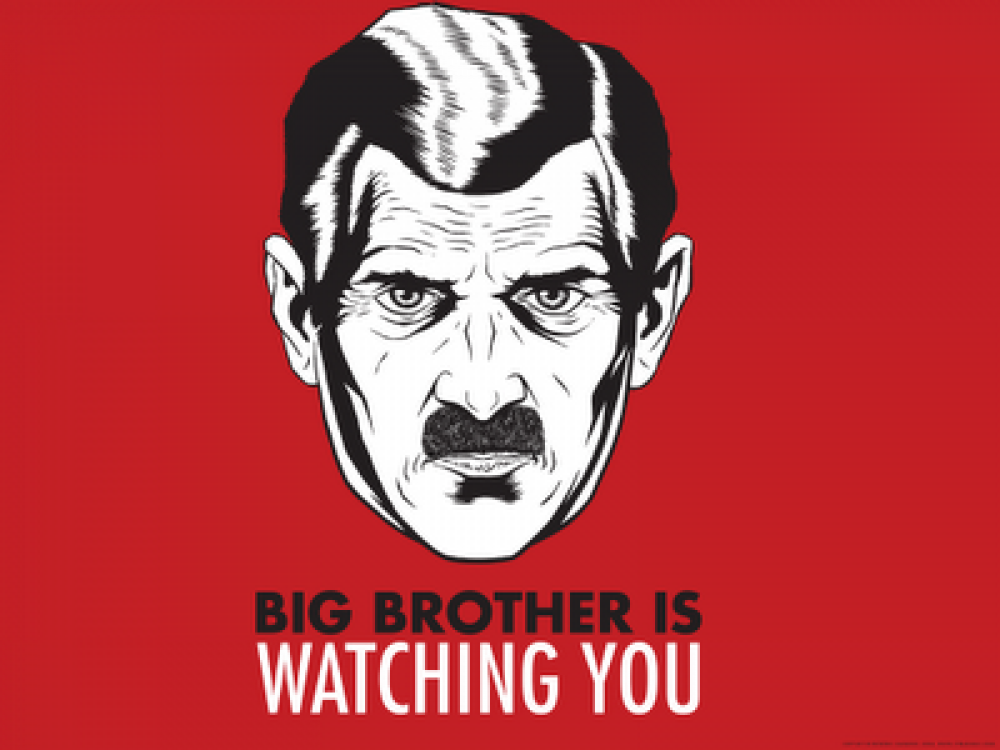
One comment